« I was 9 when I lost my foot and part of my leg »
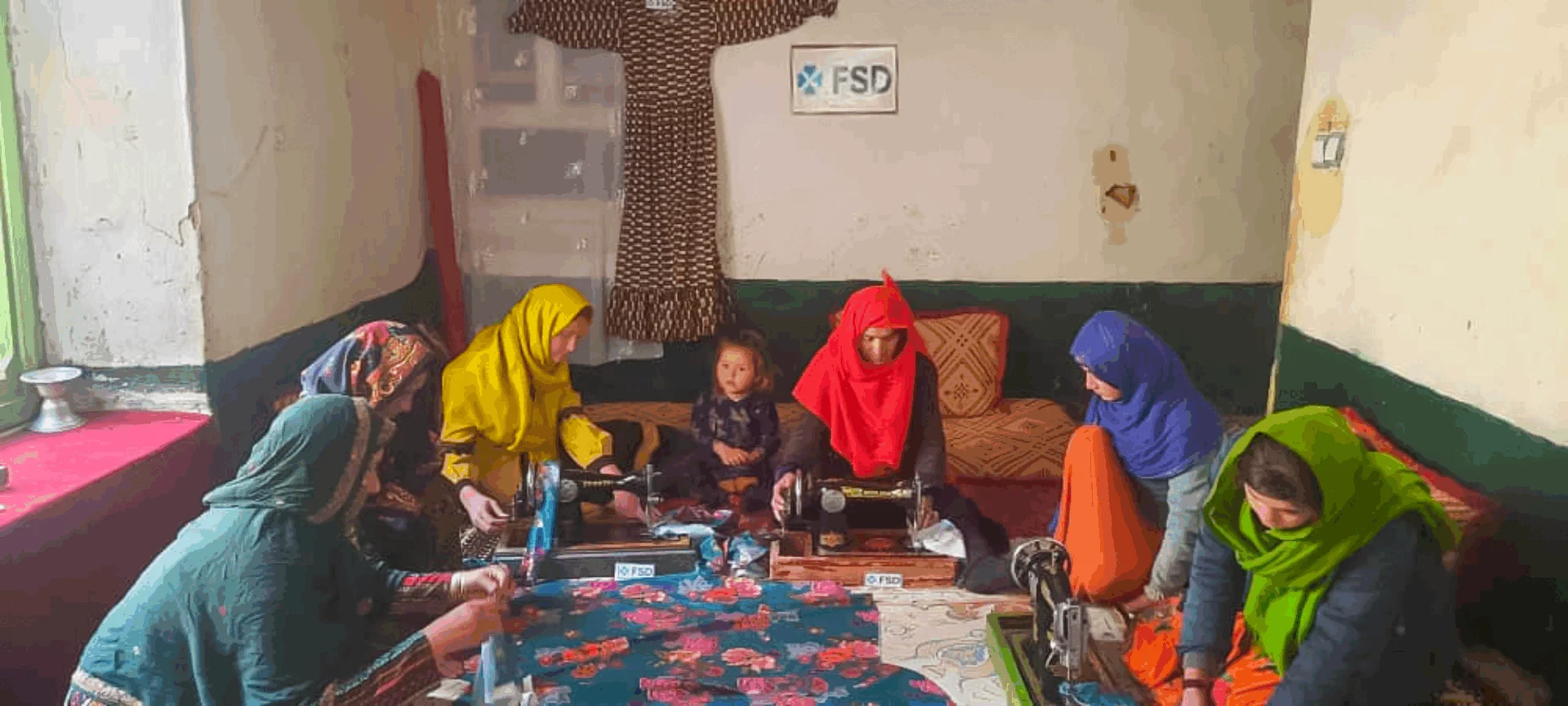
At the time, Hnfna was unaware that she was entering a minefield, an omnipresent danger in the vicinity of her village. The region is littered with PMF-1 anti-personnel mines, nicknamed “butterfly mines”, dropped in the thousands from Soviet helicopters during clashes with the Mujahedin in the 1980s.
“Walking has become a struggle for me”, explains Hnfna. “I can’t walk long distances or work”. She lives with her younger sister and her parents, who have done their best to provide for her needs until now. Today they are old and her father, who is blind, can no longer work. As a result, Hnfna is left with the sole responsibility of running the household. But with no education and no job prospects, the task seems impossible, and her family is now sadly known as the poorest in the village.
I’m grateful tu be learning sewing. I want to regain a place in society and be recognised for my skills rather than defined by my disability
Active in the region for many years, FSD’s clearance and risk education teams have witnessed the extremely precarious situation in which survivors of mine accidents and their families find themselves. The relations maintained by our teams with the local authorities, even after the Taliban came to power, enabled FSD to set up a socio-economic livelihood assistance programme for these families.
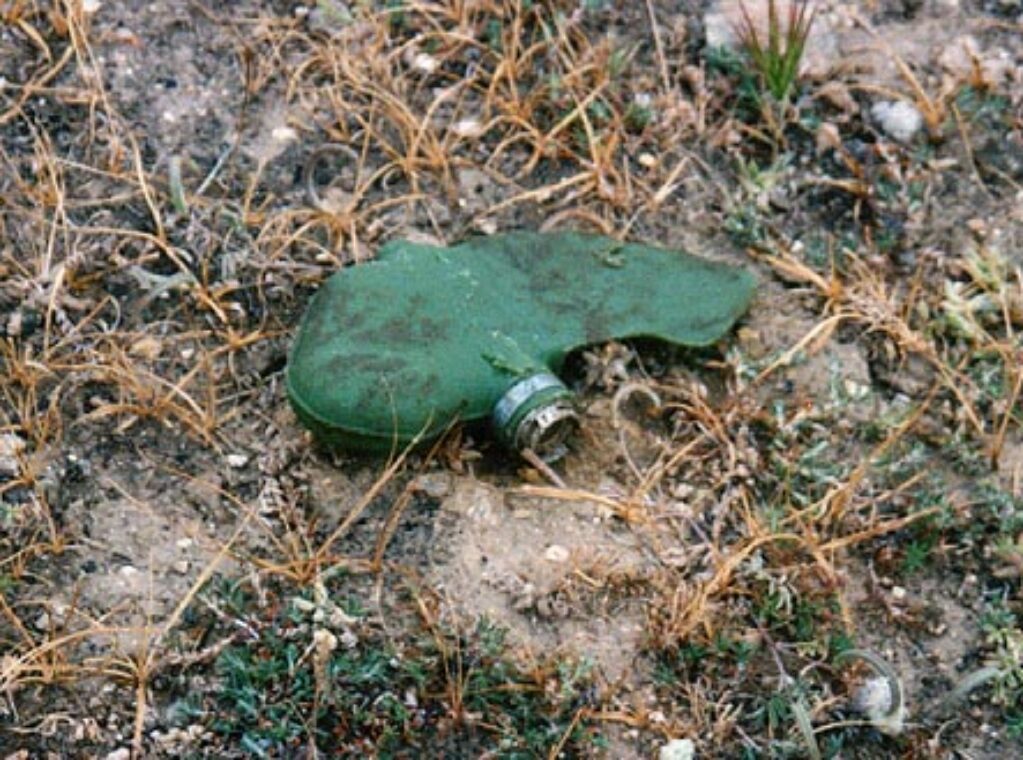
In recent months, Hnfna and four other mine explosion survivors have received sewing training and the materials they need to begin making clothes and household items, which they can manage despite their injuries and limitations.
The impact of this assistance project is elevated higher in this context, where in addition to the injuries caused by the accidents, these women also have to overcome major obstacles linked to cultural and social norms that limit their access to support services and employment.
Thanks to the invaluable support of our private donors, FSD is honoured to be able to give a second chance to those whose lives have been disrupted by these disastrous remnants of war.
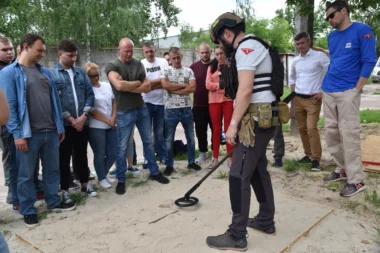
How to become deminer?
FSD’s deminers come from all walks of life: farmers, teachers, IT specialists and many others. Many have had their lives…
Humanitarian demining Iraq
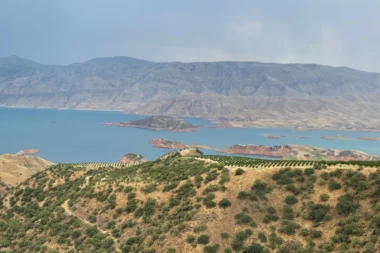
Tourist destinations still marked by the scars of war
In the world, nearly one in three countries remains contaminated by landmines and explosive remnants of war, particularly across much of South-East…
Landmines and explosive remnants Colombia Iraq Sri Lanka
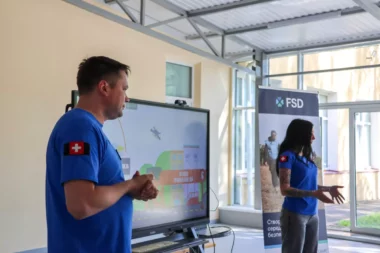
Beyond demining: preparing to hand over the reins
Faced with this reality, FSD — with the support of Switzerland — is working on two fronts: clearing land today,…
Humanitarian demining Prevention and risk education Ukraine